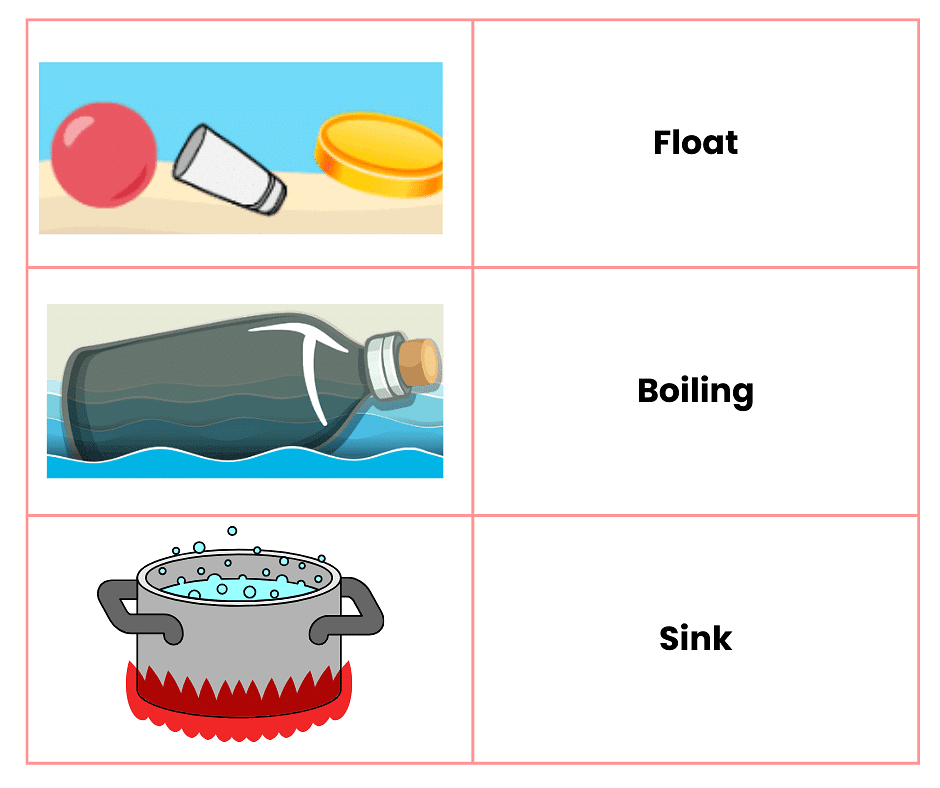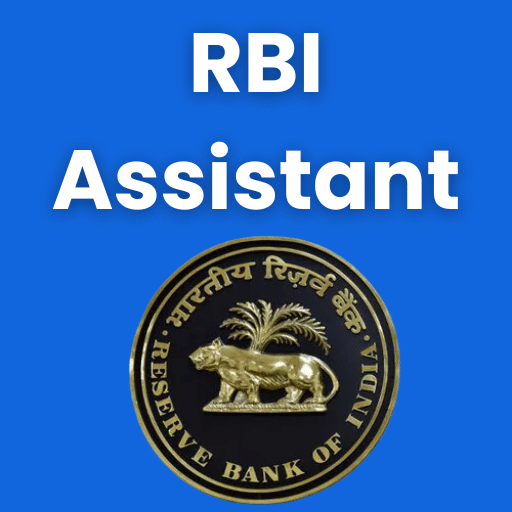Experiments with Water - 1 Class 5 Worksheet EVS Chapter 7
Q1: Which of the following objects dissolve in water? Write yes for the dissolved one.
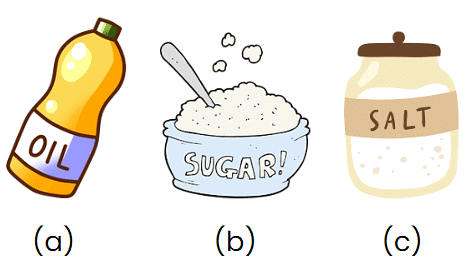
Q2: Fill in the blanks
(i) Ayesha saw that at first puri ____________ to the bottom of the pan; as puffed up, it started ____________ on the oil.
(ii) When Ayesha put salt in the boiling water; eggs started ____________.
(iii) On ____________ sugar gets quickly dissolved in water.
(iv) Oil does not ____________ in water.
(v) The ____________ made a law that people could not make ____________ even for use at home.
(vi) The ____________ can be used to make salt.
(vii) For making salt, water is allowed to dry in ____.
(viii) Dead Sea is the _______ of all.
Q3: Match the following
Q4: True/False
(i) A puffed-up puri will float in water.
(ii) A steel plate sinks in water.
(iii) A plastic bottle cap floats in water.
(iv) The Dead Sea has the saltiest water of all seas.
(v) Oil can easily mix with water.
(vi) Sugar and salt do not dissolve in water.
(vii) Salt is made from seawater.
(viii) Sugar and salt do not dissolve in hot water.
 |
Download the notes
Worksheet: Experiments with Water - 1
|
Download as PDF |
Q5: Short answer questions
(i) How would you separate
(a) salt from water?
(b) chalk powder from water?
(c) mud from water?
(ii) Name two factors that help the sugar dissolve in water.
(iii) Does oil dissolve in water? Why?
Q6: Answer the following questions.
(i) Puris float on the oil while frying.
(ii) A soap case floats in a bucket of water while a cake of soap sinks.
(iii) A nail made of iron sinks in water. A ship made of iron floats on water.
(iv) What happens on adding salt to the water in which eggs are boiled? Why?
(v) Which of the two will dry faster? a handkerchief kept in the sun (or) a handkerchief kept in the shade. Why?
(vi) Why do clothes dry faster on a sunny day than on a cloudy day?
(vii) Look at the picture and write how salt can be obtained from seawater.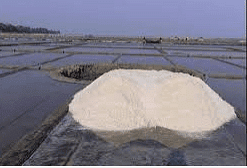 (viii) Mahatma Gandhi was picking up salt in the picture. In which march (or) movement he did do it? Why did he undertake this march?
(viii) Mahatma Gandhi was picking up salt in the picture. In which march (or) movement he did do it? Why did he undertake this march?
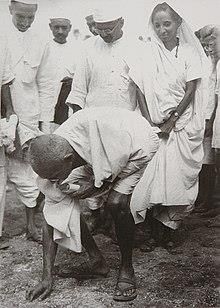 (ix) In the given picture a person is floating on water in a lake. What is that lake called? How he can float on water? (or) Why does a person who cannot swim, will not drown in the Dead Sea?
(ix) In the given picture a person is floating on water in a lake. What is that lake called? How he can float on water? (or) Why does a person who cannot swim, will not drown in the Dead Sea?
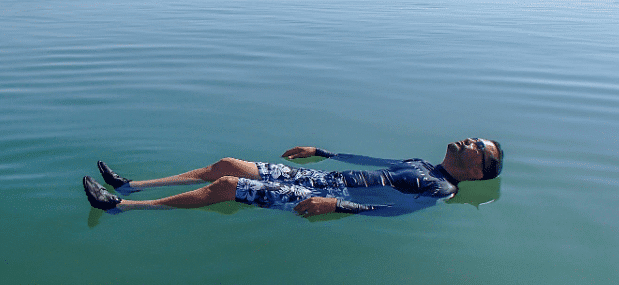
(x) Ayesha put two drops each of groundnut oil, sugar solution, and water on a stainless steel plate. She tilted the plate and found that some of the drops slid down quickly while some lagged behind. Now answer the following questions.
Which drops slid down faster?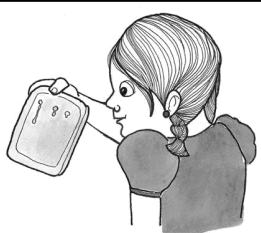 (xi) Encircle the things that dissolve in water.
(xi) Encircle the things that dissolve in water.
Sugar, Lemon juice, Oil, Fruit juice, Pepsi, Salt, Chalk powder, Mud, Ghee, Mishri (sugar lumps), and Milk.
(xii) A lemon sinks in a glass of plain water but floats on adding salt in the water. Why?
(xiii) Suggest some ways to quickly dissolve sugar in water for making shakkarpara.
You can find Worksheets Solutions here: Worksheet Solutions: Experiments with Water - 1
|
37 videos|242 docs|41 tests
|
FAQs on Experiments with Water - 1 Class 5 Worksheet EVS Chapter 7
| 1. What are some experiments that can be conducted with water? |  |
| 2. How can water density be measured in an experiment? |  |
| 3. What happens to water when it evaporates? |  |
| 4. How does temperature affect the freezing and boiling points of water? |  |
| 5. What is the role of surface tension in water experiments? |  |

